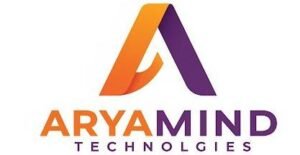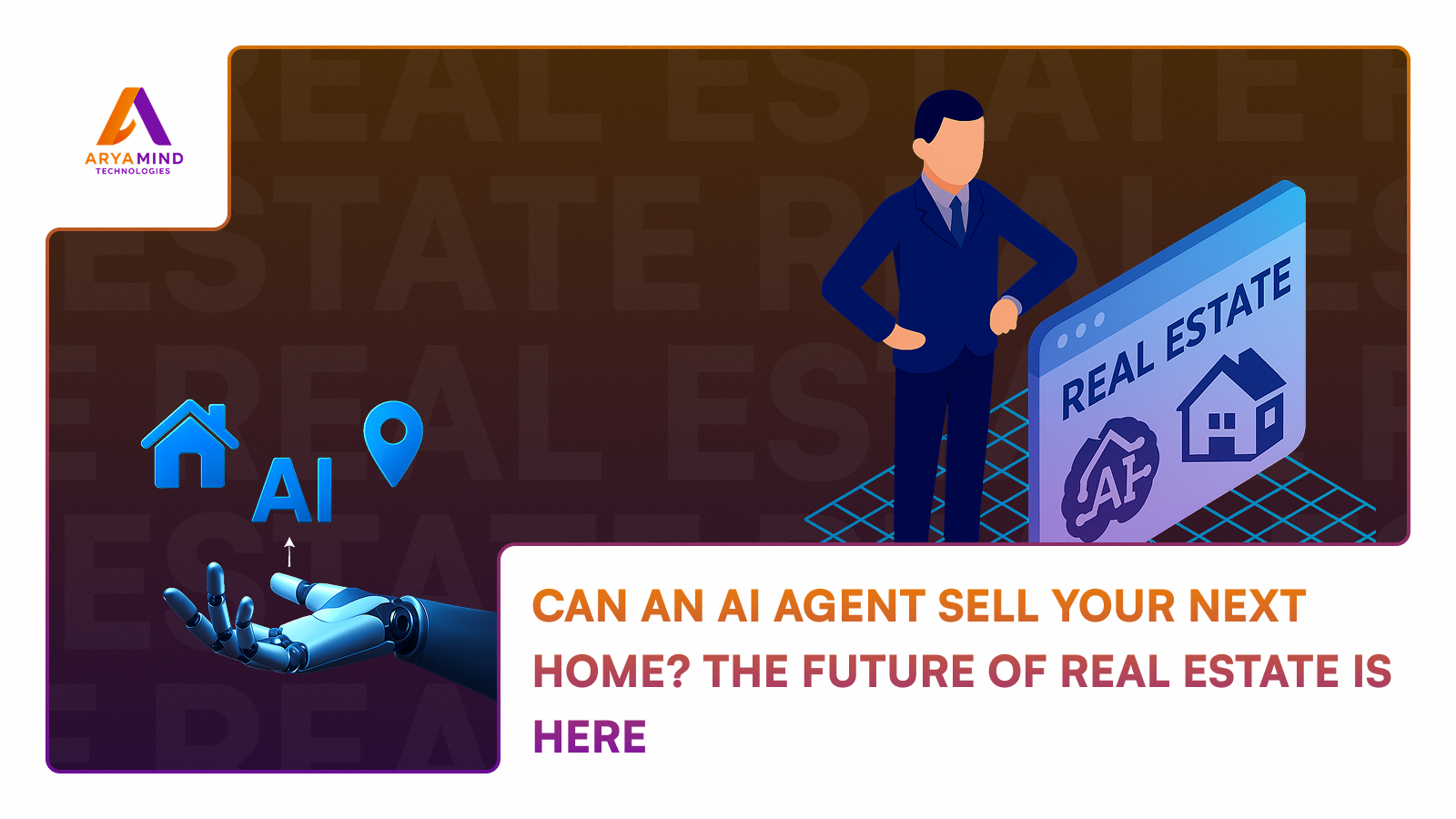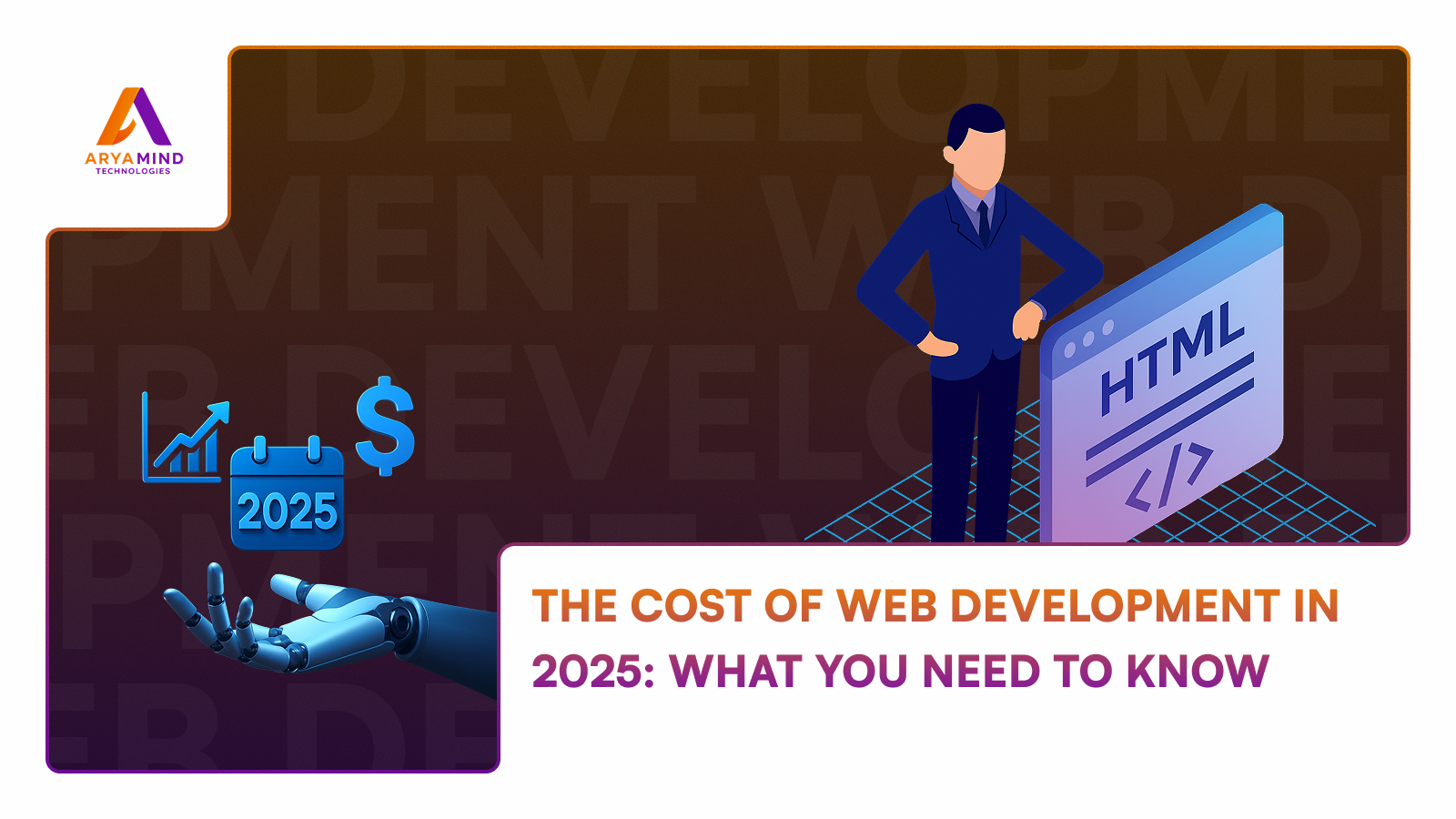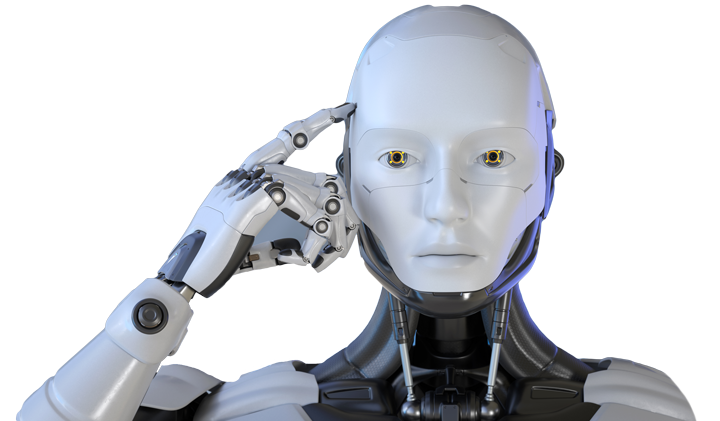Introduction
Automation has been a game-changer for businesses worldwide, enabling them to reduce costs, improve efficiency, and enhance customer experiences. However, traditional automation methods required extensive programming and rigid rule-based systems. With the rise of AI agents, businesses are now shifting from manual processes to intelligent, self-learning automation. AI agents can handle complex workflows, make decisions, and optimize operations with minimal human intervention.
Table of Contents
This article explores how AI agents are transforming business workflows across different industries, their key benefits, and the future of AI-powered automation.
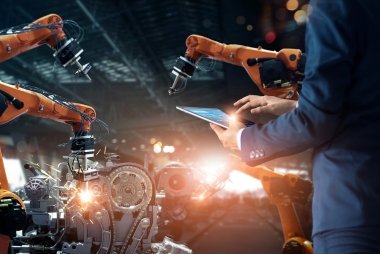
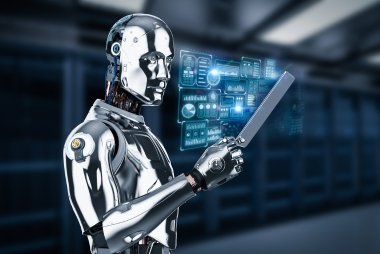
Understanding AI Agents in Business Automation
Key Characteristics of AI Agents
- 1. Autonomy: Operate with minimal human intervention
- 2. Adaptability: Learn and improve from data over time.
- 3. Decision-Making: Use predictive analytics for optimal solutions
- 4. Interconnectivity: Integrate with various business tools and platforms.
How AI Agents Are Transforming Business Workflows
Customer Support Automation
AI-powered virtual assistants and chatbots handle customer queries, resolve complaints, and provide personalized recommendations 24/7. These AI agents use NLP to understand customer intent and deliver accurate responses, reducing the need for human support teams.
Example: E-commerce platforms use AI chatbots to provide order updates, process refunds, and suggest products based on customer preferences.
Intelligent Document Processing
Example: Banks and insurance companies use AI agents to process loan applications, verify identity documents, and detect fraudulent transactions.
Automated Decision-Making in Finance
AI-Powered Supply Chain Management
Example: Retail chains use AI agents to forecast demand and automate reordering processes, ensuring shelves remain stocked without overstocking.
Automated HR and Recruitment Processes
Example: AI-driven HR tools streamline candidate screening, interview scheduling, and employee onboarding. These AI agents analyze resumes, match candidates with job roles, and improve talent acquisition efficiency.
Benefits of AI-Driven Workflow Automation
Increased Efficiency
AI agents handle repetitive tasks faster and more accurately than humans, reducing processing time and improving productivity.
Cost Reduction
Businesses can lower operational costs by minimizing the need for large workforces and reducing human errors.
Enhanced Accuracy
AI-powered automation eliminates manual data entry mistakes and ensures precise decision-making based on real-time data analysis.
Improved Customer Experience
AI agents can process vast amounts of data and manage large-scale operations without additional resources.
Scalability
Challenges and Considerations
While AI automation offers numerous benefits, businesses must address certain challenges:
- 1 .Data Privacy and Security: AI agents rely on vast datasets, making data protection and compliance with regulations essential.
- 2. Workforce Adaptation: Organizations need to reskill employees to work alongside AI-driven systems effectively.
- 3. Implementation Costs: Initial investment in AI infrastructure and training can be high, though long-term benefits outweigh the costs.
- 4. Ethical Concerns: AI decision-making should be transparent and free from biases to ensure fairness and reliability.

